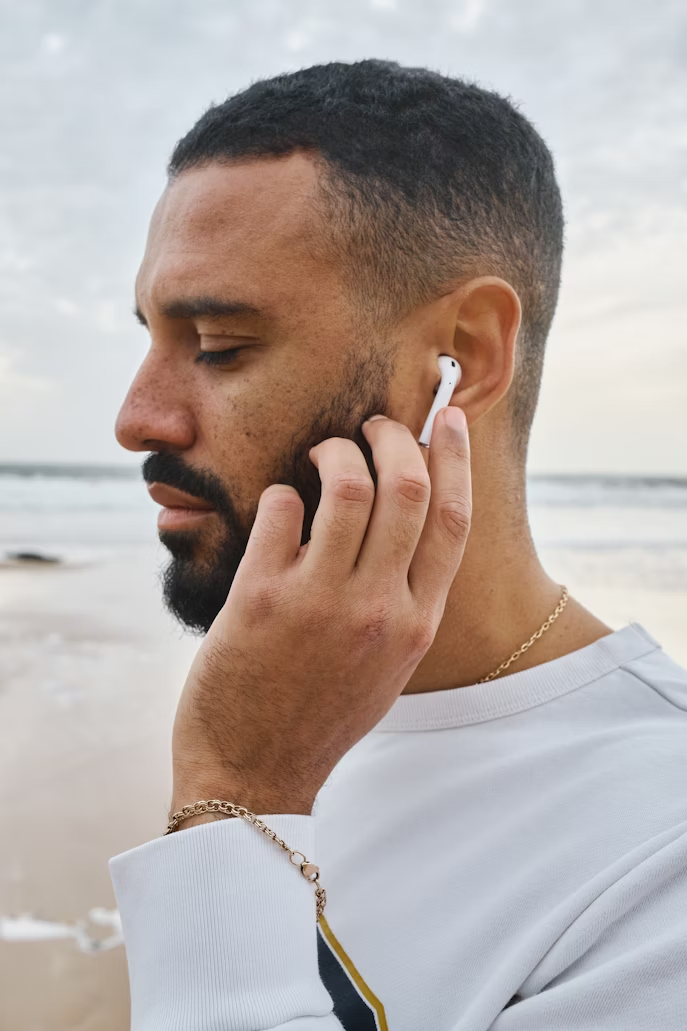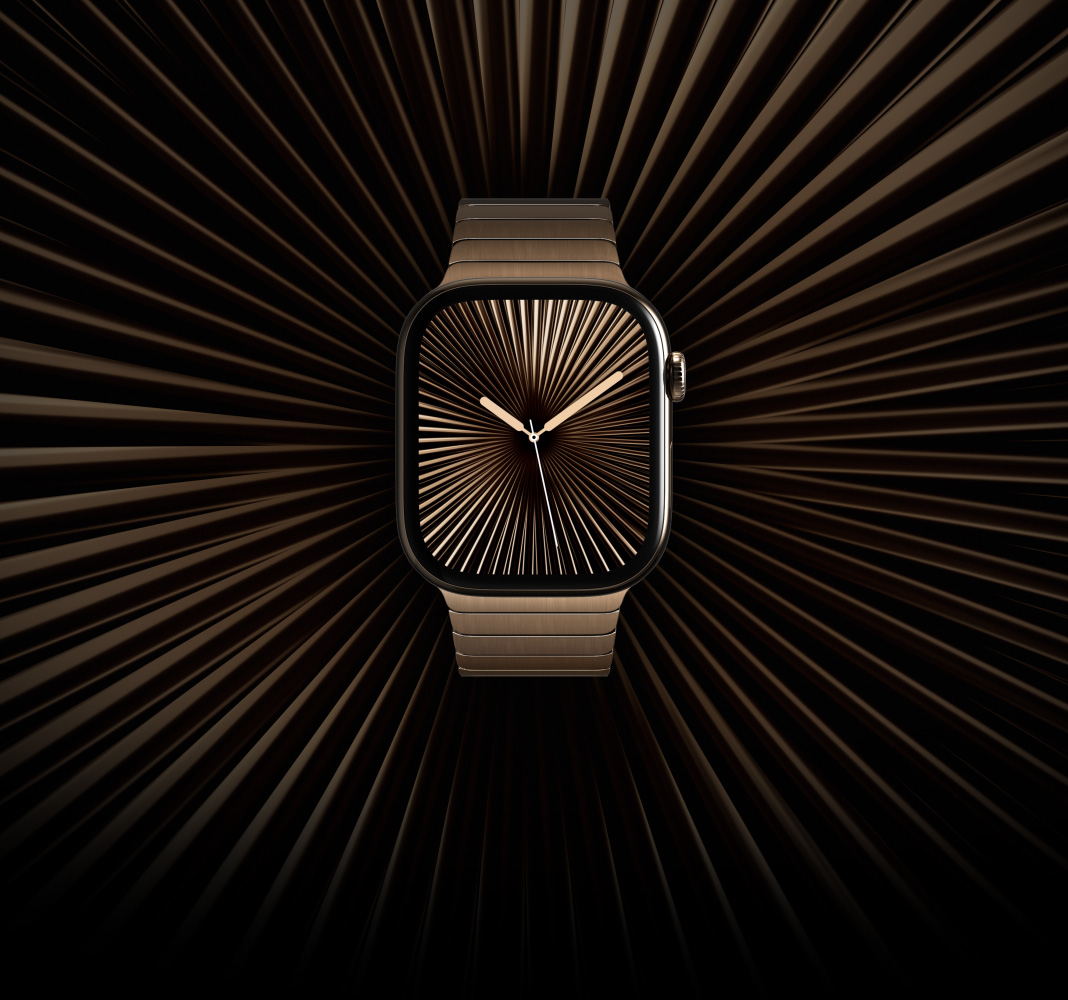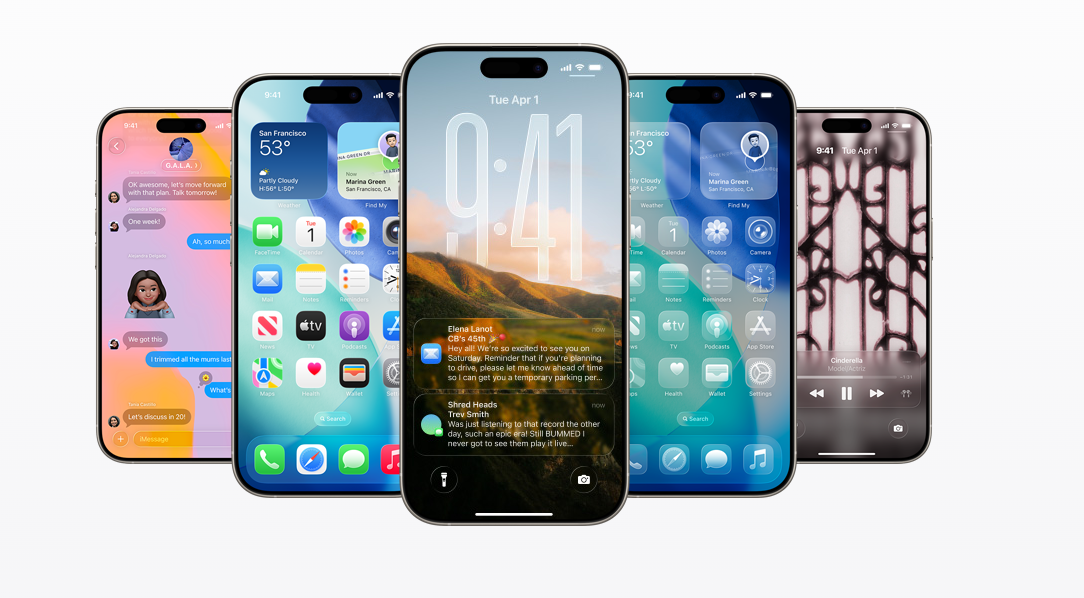Ever since Apple introduced AirPods to the world, they’ve become more than just wireless earbuds—they’re a fashion statement, a productivity tool, and a symbol of modern convenience. Sleek, compact, and always within reach, these tiny devices have made tangled cords a thing of the past. But while millions of people rely on them daily, a growing number of users and health experts are starting to ask a more serious question: Are AirPods actually safe?
In the midst of all the buzz around wireless convenience, we’re starting to hear whispers about potential health hazards—from hearing loss to radiation exposure and even subtle impacts on mental well-being. So, are AirPods just another tech luxury, or do they carry risks that we’re only beginning to understand?
Let’s take a closer look at the possible health concerns linked to AirPods and whether they deserve a second thought before you pop them in.
The Comfort and Convenience That Comes at a Price
We can’t deny it—AirPods are ridiculously convenient. Whether you’re walking your dog, commuting to work, or taking back-to-back calls from your living room, they free up your hands and untangle your life. But here’s the irony: that freedom might come with hidden side effects we rarely think about in our rush to multitask.
What makes AirPods different from traditional wired headphones is that they sit deep inside your ear canal and use Bluetooth signals—a form of radiofrequency (RF) radiation—to connect wirelessly. While that sounds harmless, some experts are raising concerns about long-term exposure to such frequencies.
Are AirPods Dangerous? The EMF Controversy
One of the most debated risks associated with wireless earbuds, including AirPods, is exposure to electromagnetic fields (EMFs). These are the same types of waves used by Wi-Fi, cellphones, and other wireless tech. AirPods are considered “non-ionizing,” meaning they don’t damage DNA directly like X-rays might. Still, the human brain is incredibly sensitive, and when a device is transmitting signals inches from your skull, it’s worth asking questions.
While current studies haven’t confirmed that EMF exposure from AirPods directly causes serious illnesses, some researchers suggest we err on the side of caution. The World Health Organization has labeled RF radiation as “possibly carcinogenic to humans”, and even Apple’s own safety information advises users to limit exposure by keeping devices away from the head when possible.
So, the question isn’t whether AirPods are deadly—but whether constant, prolonged exposure might carry cumulative risks over time.
Hearing Loss: The Silent Epidemic Among Wireless Earbud Users
Even more immediate than EMFs is the very real risk of noise-induced hearing loss. AirPods, like many in-ear headphones, deliver sound directly into your ear canal. When used at high volumes or for extended periods, they can cause permanent damage to the tiny hair cells inside your inner ear, which are essential for hearing.
What’s particularly concerning is how discreet and immersive these devices are. Without a visible cord, people tend to wear them longer—during workouts, walks, work sessions, or even while falling asleep. Overexposure to sound, even if it’s not painfully loud, adds up.
The general recommendation is to follow the 60/60 rule: keep volume at no more than 60% of the max and listen for no more than 60 minutes at a time. Unfortunately, most AirPod users don’t stick to this—and hearing loss, once it begins, is irreversible.
Mental Health and Social Withdrawal
Here’s something we don’t often talk about: constant connectivity isn’t always a good thing. With AirPods in our ears all day, we risk losing touch with the world around us. We tune out street noise, avoid spontaneous conversations, and immerse ourselves in podcasts, meetings, or playlists that never stop.
Over time, this can lead to sensory overload, mental fatigue, and even social withdrawal. While not a direct “health hazard,” it’s a growing concern in the world of modern wellness. The mind, just like the body, needs rest—and silence is part of that rest.
Should You Stop Using AirPods?
Not necessarily. The goal here isn’t to create fear, but awareness. AirPods, like most technology, aren’t inherently bad. They’re tools. And tools are only dangerous when used carelessly.
If you’re concerned about potential health effects, consider these small but effective adjustments:
- Use one earbud at a time to reduce total exposure and maintain environmental awareness.
- Lower the volume and take listening breaks to protect your hearing.
- Don’t sleep with them in, even if they help you fall asleep faster.
- Avoid long back-to-back call sessions with AirPods—switch to speakerphone or wired headphones when possible.
- Stay updated with new research and safety recommendations.
Final Thoughts
AirPods are one of those inventions that feel like magic—until you dig a little deeper. As with most modern luxuries, there’s a balance to be found between enjoyment and responsibility. We live in an era where convenience often outruns caution, but that doesn’t mean we can’t pause and reflect.
So, are AirPods a modern luxury or a silent health threat? The answer may lie somewhere in between. Used mindfully and in moderation, they’re likely fine for most people. But used constantly, without thought to volume, duration, or health implications, they could very well pose a risk worth considering.
As technology continues to evolve, so should our relationship with it. Maybe the real luxury isn’t in being always connected—but in knowing when to unplug.




